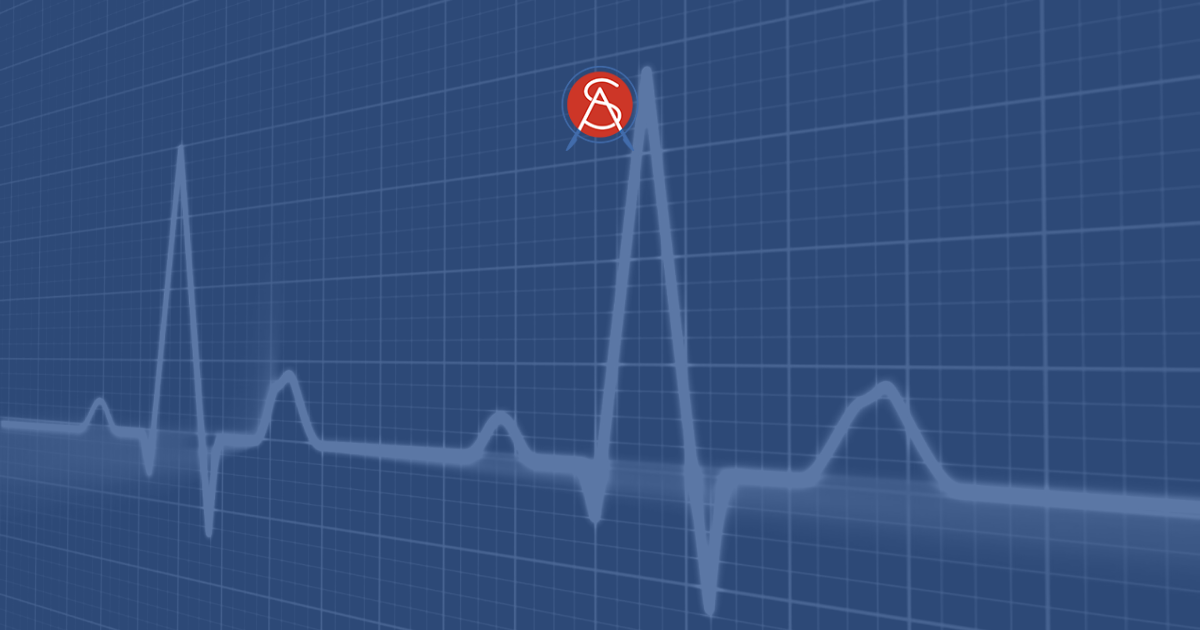Weight Loss Surgery
Why Have Weight Loss Surgery Series – AFib
One of the lesser-known consequences of excess weight and obesity is a heart condition known as atrial fibrillation or AFib. This is the most common arrhythmia or irregular heartbeat experienced by Americans and patients around the world. The symptoms of AFib can run the gamut from mild to debilitating, depending on the frequency, intensity and duration of the episodes. Most importantly, however, AFib increases the risk of stroke by up to five times.

How do you know it is AFib?
Someone who experiences AFib for the first time may think they are having heart attack. The fast and irregular heartbeat can be panic inducing. Many of these patients end up in the ER. However, many cases of AFib, especially those early on, are transient, also known as paroxysmal. This means that they are more difficult to diagnose in a hospital or primary care setting. For example, a regular EKG only offers a snapshot in time and if the heart is not in AFib at that moment, the condition will not be diagnosed.
In order to get a proper diagnosis, therefore, most patients will be fitted with a Holter or event monitor by a specialized cardiologist known as an electrophysiologist or EP. These cardiologists have training in heart rhythm issues and have a number of treatment options at their disposal.
Treatment Options for AFib
Treatment usually begins with lifestyle change in the form of diet and exercise, but as we know, in obese patients, diet exercise alone fails about 95% of the time. Unfortunately, for obese patients who also have AFib, this typically leads to the need for medication that can have significant side effects and whose benefit can diminish over time. Many patients end up having a cardiac catheter ablation. This is a low risk and minimally invasive option for those that have not responded to more conservative options.
However, if the patient has not lost weight and remains obese, weight loss surgery may be an appropriate intervention before trying a catheter ablation. Why is that?
- First, AFib is often a symptom of obesity and treating the AFib alone does not treat the other problems associated with excess weight. Weight loss surgery may improve several obesity related conditions and several other cardiovascular conditions including high blood pressure, high cholesterol and more.
- Second, the risks of any surgical intervention are significantly higher when a patient is obese or generally unhealthy. Undergoing multiple procedures for obesity related conditions, while also being on medication for others, could create heightened risk.
- Lastly, treatment for AFib, as successful as it may be, may not be as durable in obese patients whose hearts may return to a state of AFib down the road due to the unresolved obesity situation.
Ultimately, the decision to undergo weight loss surgery has to be made between you, your primary care physician, and your bariatric surgeon and if you have cardiovascular issues, such as AFib, your cardiologist as well. Many patients can see exceptional results early on after bariatric surgery, which then improve or resolve many of their obesity related conditions.
To learn more about weight loss surgery, we invite you to attend one of our in person seminars held at our office each month or our online seminar available 24/7. We look forward to speaking with you after you watch the seminar to schedule a consultation with one of our surgeons. We can then delve further into the benefits of weight loss surgery as it relates to AFib and other cardiovascular problems.
Related Articles
See more Articles





